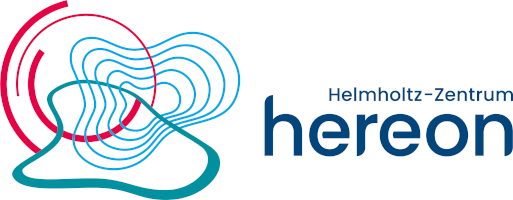The meaning of genetic diversity on the example of the bladder wrack Fucus vesiculosus L.
- Over the last decades, Fucus vesiculosus, an ecologically important macroalga in the German Baltic Sea, has shown a massive retreat from the deeper zones of its former distribution presumably due to low light co-acting with other potential stressors such as high temperature, fouling, and grazing. In shallow water F. vesiculosus may be exposed to high water temperatures during summer seasons. Intensity and frequency of heat waves are expected to increase due to climate change which could potentially affect all fucoid life stages. Early life stage processes (fertilization, germination) are often considered particularly sensitive to stress. If the mortality caused by a first heat wave in a genetically diverse population selects for stress resistance, we would expect the survivors to be less sensitive to a second heat wave or possibly even to other stressors like feeding pressure. In the present study, the mortality of early post-settlement stages of F. vesiculosus under thermal stress and the sensitivity of survived recruits against a proximate stressor (feeding pressure, second heat wave) were analysed by laboratory experiments. The mortality of early fucoid life stages at 25°C, compared to their mortality at 15°C was significantly higher. Regrettably, the ensuing assessment of feeding impact by Idotea baltica and Hydrobia ulvae on the surviving germlings could not be analysed since the two consumer species unexpectedly avoided feeding on the young stages of F. vesiculosus. During the second thermal stress experiment fucoid offspring which was genetically preselected by high temperature (first heat wave: 25°C) differed not significantly in sensitivity from fucoid offspring without prior stress.
| Verfasserangaben: | Kerstin Maczassek, Martin Wahl |
|---|---|
| URN: | urn:nbn:de:gbv:18-7-10226 |
| Untertitel (Englisch): | Final report: Genetische Diversität Fucus/LLUR-Az: 4511.0608.451107 (April 2011 – November 2011) |
| Dokumentart: | Bericht |
| Sprache: | Englisch |
| Datum der Veröffentlichung (online): | 18.02.2015 |
| Jahr der Erstveröffentlichung: | 2012 |
| Veröffentlichende Institution: | Staats- und Universitätsbibliothek Hamburg Carl von Ossietzky |
| Urhebende Körperschaft: | Agency for Agriculture,Environment and Rural Areas of Schleswig-Holstein, Germany (LLUR) |
| Beteiligte Körperschaft: | Leibniz-Institut für Meereswissenschaften IFM-GEOMAR |
| Datum der Freischaltung: | 10.04.2015 |
| Freies Schlagwort / Tag: | Vulnerabilität |
| Seitenzahl: | 22 |
| Institute: | RADOST |
| Zielgruppe: | Wissenschaft |
| Klimawandelsignal: | Extreme Ereignisse / Hitzewellen |
| Durchschnittliche Veränderungen / Temperatur | |
| Ressourcen: | Gewässer |
| Ökosysteme | |
| Handlungsfelder: | Naturschutz und biologische Vielfalt |
| Natur- und Siedlungsraum: | Küste und Meer |
| Region: | Ostseeküste |
| Methodik: | Experiment |
| Lizenz (Deutsch): |  Nutzungseinräumung Nutzungseinräumung |





